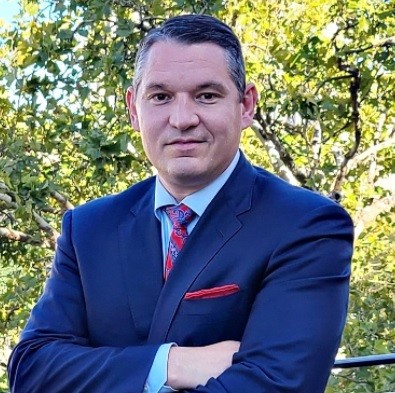 McGowan Institute for Regenerative Medicine faculty member Steven Little, PhD, Distinguished Professor and Department Chair of Chemical and Petroleum Engineering at the University of Pittsburgh, has been elected Fellow of the American Association for the Advancement of Science (AAAS).
McGowan Institute for Regenerative Medicine faculty member Steven Little, PhD, Distinguished Professor and Department Chair of Chemical and Petroleum Engineering at the University of Pittsburgh, has been elected Fellow of the American Association for the Advancement of Science (AAAS).
Recognized by AAAS “for remarkable service to charities that advance education in science in impoverished countries and leadership in science internationally,” Dr. Little is one of four Pitt and UPMC faculty named as AAAS Fellows, one of the most distinct honors within the scientific community, dating to 1874.
“Steve’s outstanding career trajectory has been highlighted by the prestigious honors he’s received from his peers and societies like AAAS,” noted Robert Langer, ScD, the David H. Koch Institute Professor and Dr. Little’s PhD advisor at Massachusetts Institute of Technology (MIT). “He is a Renaissance innovator who in his young career has helped to transform drug delivery research and is still poised for greater things.”
At Pitt, Dr. Little also holds the title of William Kepler Whiteford Endowed Professor in the Swanson School of Engineering, as well as secondary appointments in Bioengineering, Pharmaceutical Sciences, Immunology, and Ophthalmology. Dr. Little is among 564 Fellows across a cadre of scientists, engineers and innovators recognized for achievements across disciplines ranging throughout research, teaching, administration, industry, government, and communications.
“I am incredibly humbled by this honor, and grateful for the years of mentorship from Bob Langer as well as the resources I’ve received at the University of Pittsburgh to further my research,” Dr. Little said. “Congratulations to my Pitt colleagues as well as the other Fellows named in this year’s cohort.”
Since receiving his PhD in 2005 – with his thesis winning the AAAS Excellence in Research Award – he has developed numerous new drug formulations including controlled drug release that mimics the body’s own mechanisms of healing and resolving inflammation. Unlike traditional medications that require large doses administered via ingestion, inoculation or intravenously, biomimetic treatments recruit a patient’s own cells to treat disease at the source. In particular, Dr. Little’s research shows potential new applications for glaucoma, gum disease, and even transplant organ rejection.
Congratulations, Dr. Little!
Read more…
University of Pittsburgh Swanson School of Engineering News Release
